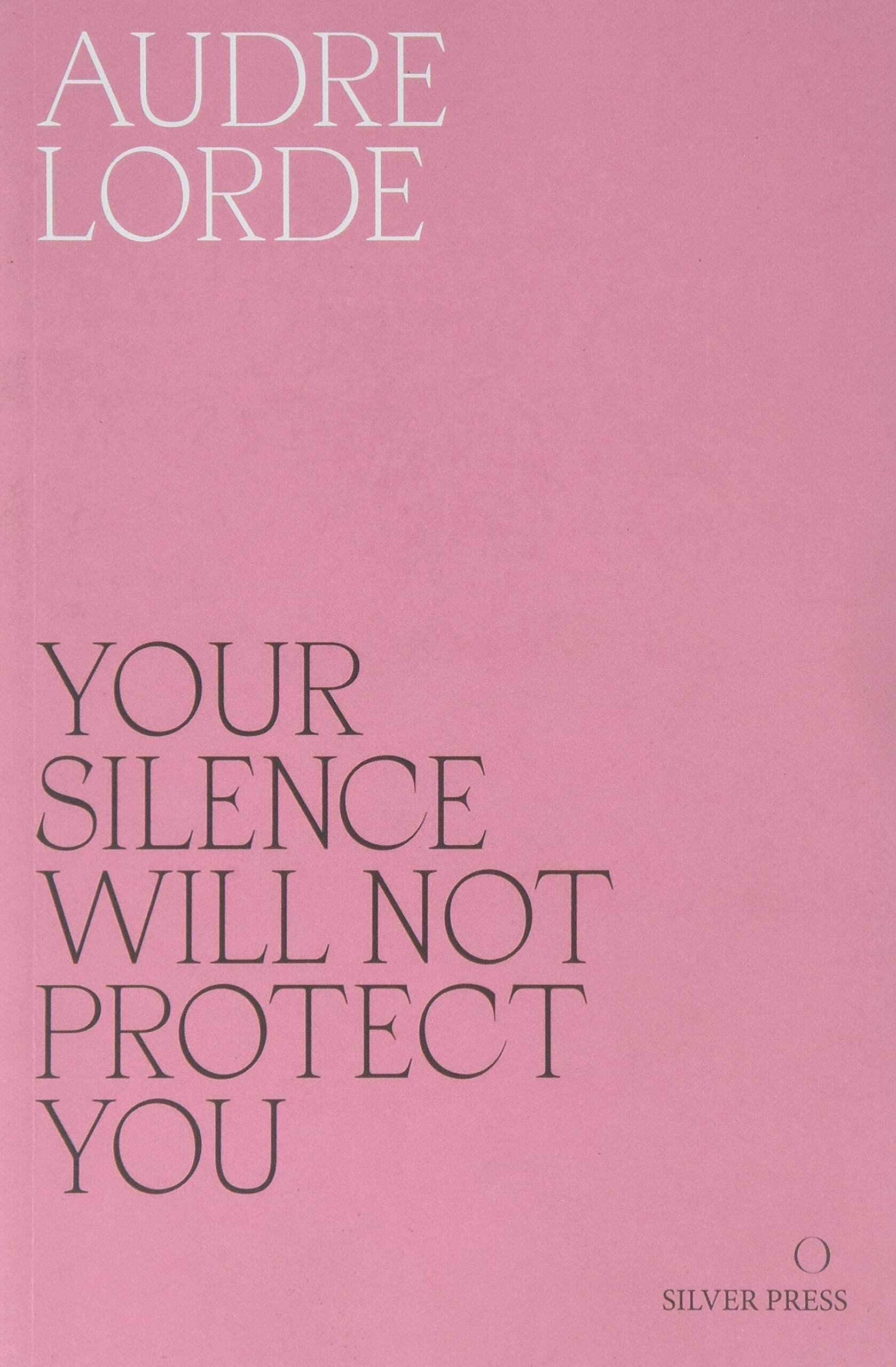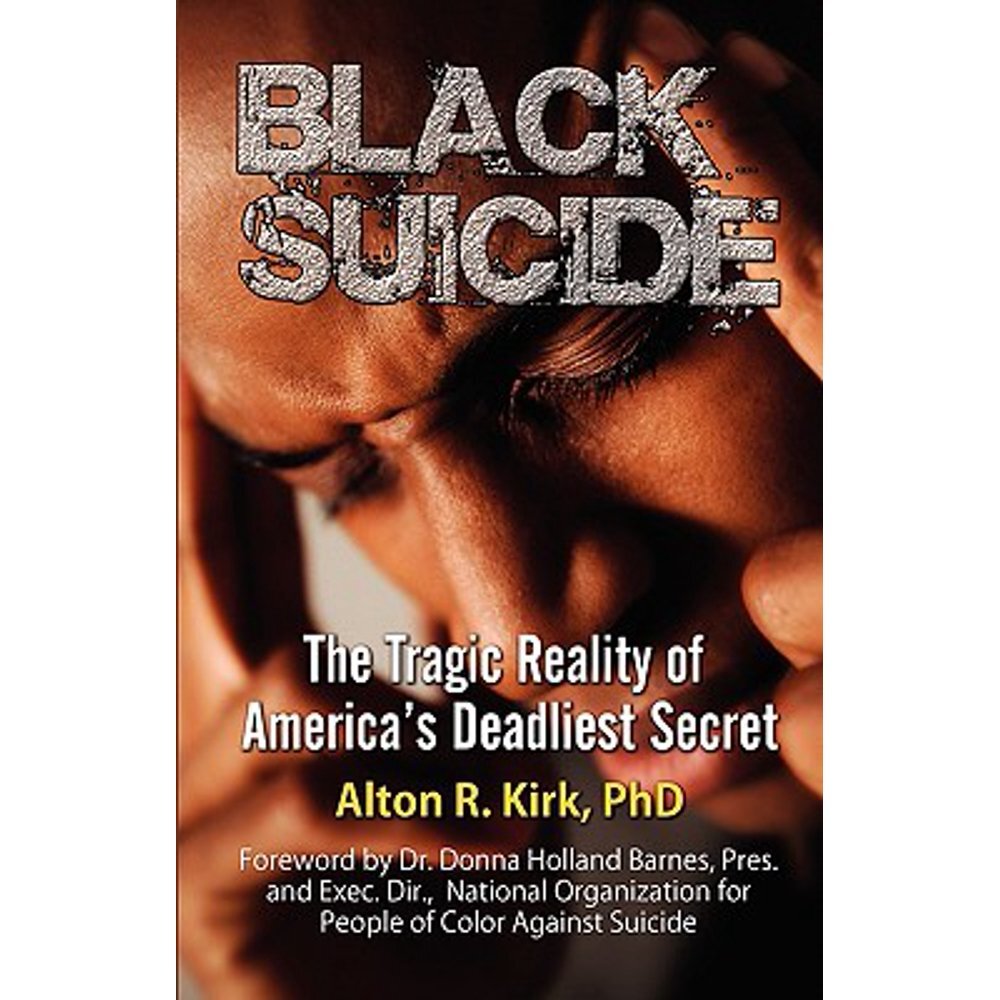
Black Suicide by Alton R. Kirk, Ph.D
Only in recent years have black people begun to recognize that suicide is a major problem for the African-American community. Suicide within this population exists in far greater numbers and for a longer period than many people realize, declares Dr. Alton R. Kirk. For more than 35 years, Dr. Kirk has been studying, teaching, and researching the literature of black suicide. In this landmark study, Black Suicide: The Tragic Reality of America's Deadliest Secret, he discusses several theories about suicide. Then he examines social, economic, religious, political, psychological, and racial forces that contribute to black suicide. He provides a unique perspective in his chapter on survivors-those left behind after a suicide. They describe how the suicide of their loved ones has affected their lives, destroyed their dreams, and left them in a state of turmoil and pain. Finally, Dr. Kirk recommends ways both to help reduce the number of suicides and detect behaviors that are destructive to black people.

Dim Sum, Bagels, and Grits: A Sourcebook for Multicultural Families by Myra Alperson
How many times do you celebrate the New Year at home? Just once? If your family is Jewish, Chinese, and a few other things besides, you might celebrate twice or even three times a year! As the rate of cross-cultural adoption grows in the United States, new traditions are emerging. These are part of a new multiculturalism which, with its attendant joys and challenges, has become a fact of life in urban, suburban and even rural America. Alperson's sourcebook offers families the first complete guide to the tangled questions that surround this important phenomenon. As the adoptive Jewish mother of Sadie, her Chinese-born daughter, Alperson is able to offer personal as well as professional insight into such topics as combining cultures in the home, confronting prejudice, and developing role models. Focusing on adoptive families - international and transracial adoption in the United States has jumped in recent years - she provides guidelines on how families can prepare for their exciting journey toward becoming a multicultural family.
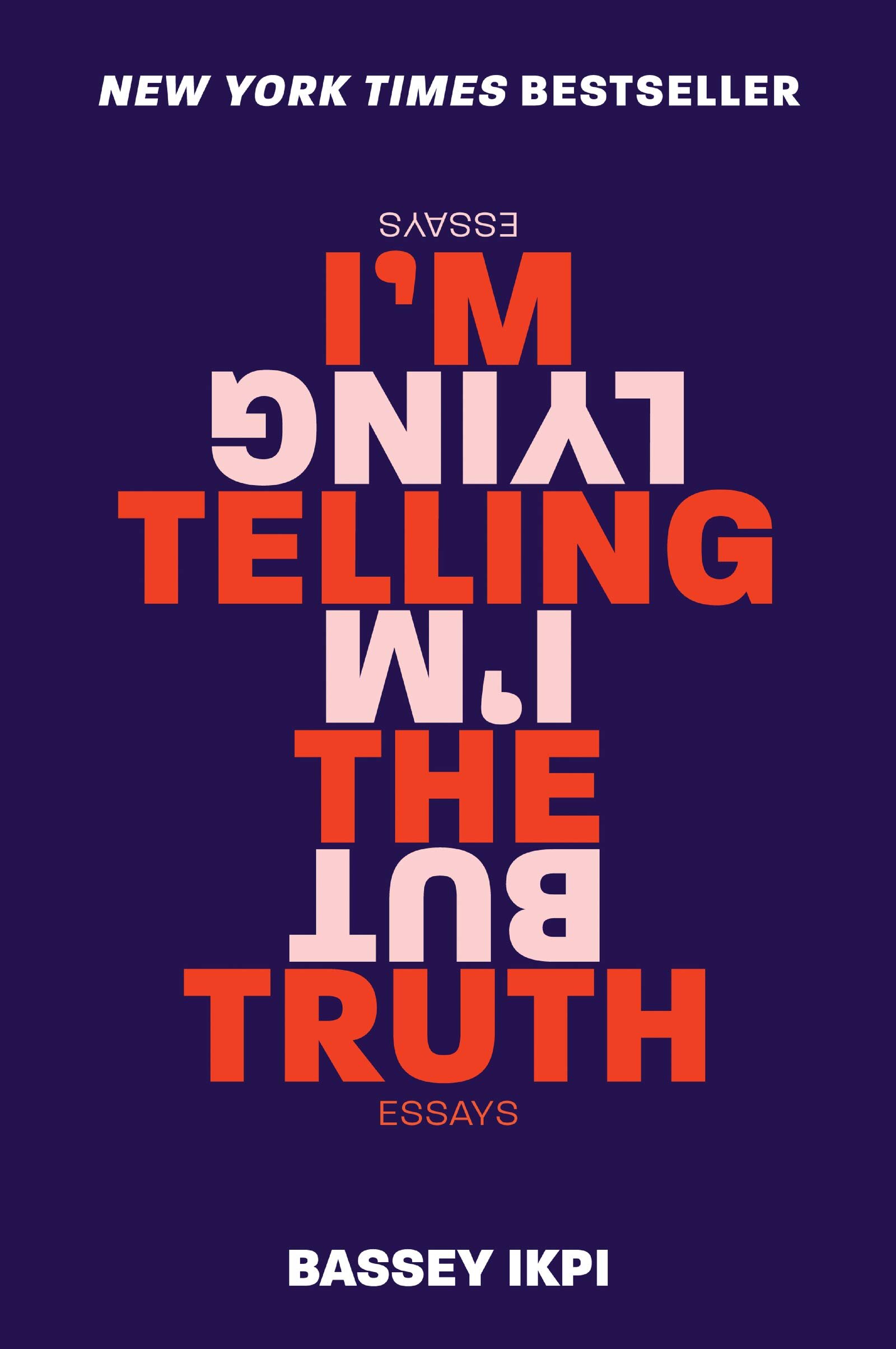
I'm Telling the Truth, but I'm Lying: Essays by Bassey Ikpi
I'm Telling the Truth, but I'm Lying: Essays by Bassey Ikpi is a personal collection of essays exploring a Nigerian-American author's experiences navigating Bipolar II and anxiety. (TW: anxiety, depression, bipolar II)
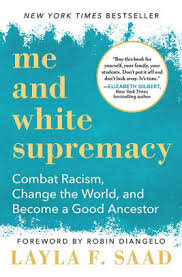
Me and White Supremacy by Layla F. Saad
This eye-opening book challenges you to do the essential work of unpacking your biases, and helps white people take action and dismantle the privilege within themselves so that you can stop (often unconsciously) inflicting damage on people of color, and in turn, help other white people do better, too.

My Grandmother's Hands by Resmaa Menakem
My Grandmother's Hands is a call to action for all of us to recognize that racism is not only about the head, but about the body, and introduces an alternative view of what we can do to grow beyond our entrenched racialized divide.

Queenie by Candice Carty-Williams
Queenie Jenkins is a twenty-five-year-old Jamaican British woman living in London, straddling two cultures and slotting neatly into neither. She works at a national newspaper, where she’s constantly forced to compare herself to her white middle class peers. After a messy break up from her long-term white boyfriend, Queenie seeks comfort in all the wrong places…including several hazardous men who do a good job of occupying brain space and a bad job of affirming self-worth. As Queenie careens from one questionable decision to another, she finds herself wondering, “What are you doing? Why are you doing it? Who do you want to be?”—all of the questions today’s woman must face in a world trying to answer them for her. With “fresh and honest” (Jojo Moyes) prose, Queenie is a remarkably relatable exploration of what it means to be a modern woman searching for meaning in today’s world.

Shadows in The Sun by Gayathri Ramprasad
Shadows in The Sun by Gayathri Ramprasad: provides a cross-cultural lens on depression, acculturation, stigma, and access to mental health care. (TW: depression (including postpartum), eating disorder, suicide, anxiety)

The Ministry of Utmost Happiness by Arundhati Roy
The Ministry of Utmost Happiness takes us on an intimate journey across the Indian subcontinent—from the cramped neighborhoods of Old Delhi and the roads of the new city to the mountains and valleys of Kashmir and beyond, where war is peace and peace is war. Braiding together the lives of a diverse cast of characters who have been broken by the world they live in and then rescued, patched together by acts of love—and by hope, here Arundhati Roy reinvents what a novel can do and can be.
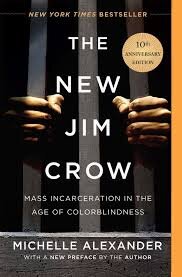
The New Jim Crow By Michelle Alexander
The New Jim Crow is a stunning account of the rebirth of a caste-like system in the United States, one that has resulted in millions of African Americans locked behind bars and then relegated to a permanent second-class status—denied the very rights supposedly won in the Civil Rights Movement. Since its publication in 2010, the book has appeared on the New York Times bestseller list for more than a year; been dubbed the “secular bible of a new social movement” by numerous commentators, including Cornel West; and has led to consciousness-raising efforts in universities, churches, community centers, re-entry centers, and prisons nationwide. The New Jim Crow tells a truth our nation has been reluctant to face.
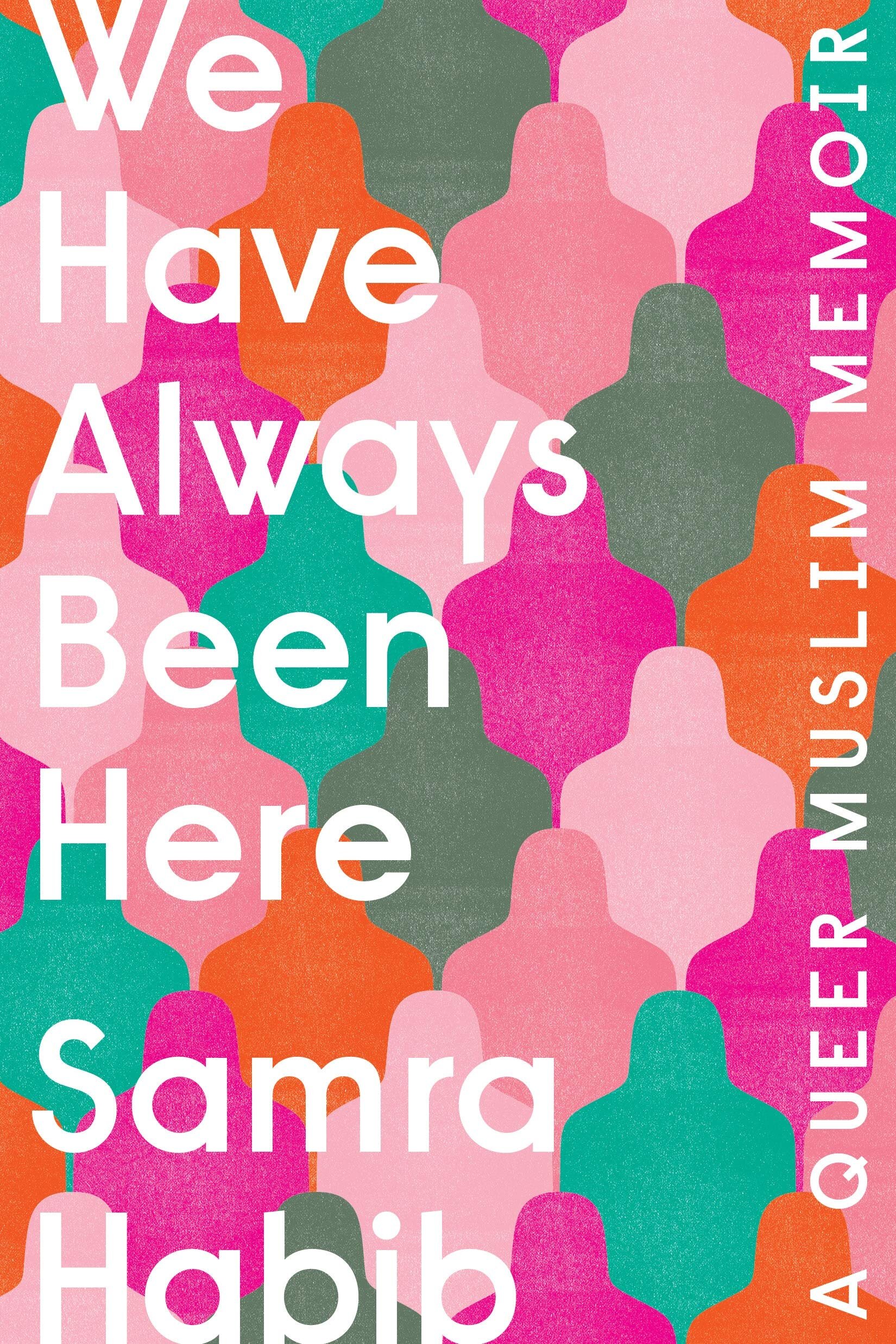
We Have Always Been Here by Samra Habib
We Have Always Been Here by Samra Habib: offers insight on navigating Desi Patriarchy, finding community, and coming to terms with sexuality as a queer Muslim. (TW: Islamophobia, racism, homophobia, forced/arranged marriage, sexual abuse)
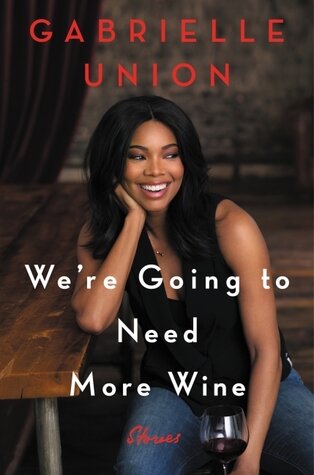
We're going to need more wine, Gabrielle Union
Gabrielle grows up in Alaska in a predominantly white community as she navigates who she is a black woman and finding her community as well as inner peace with being different.
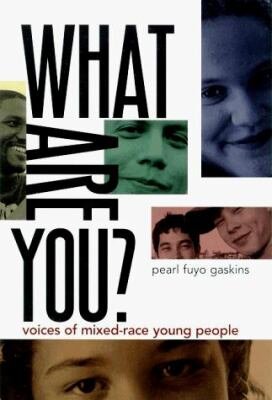
What Are You By Pearl Fuyo Gaskins
What Are You? is based on the interviews the author has made over the past two years with mixed-race young people around the country. These fresh voices explore issues and topics such as dating, families, and the double prejudice and double insight that come from being mixed, but not mixed-up.
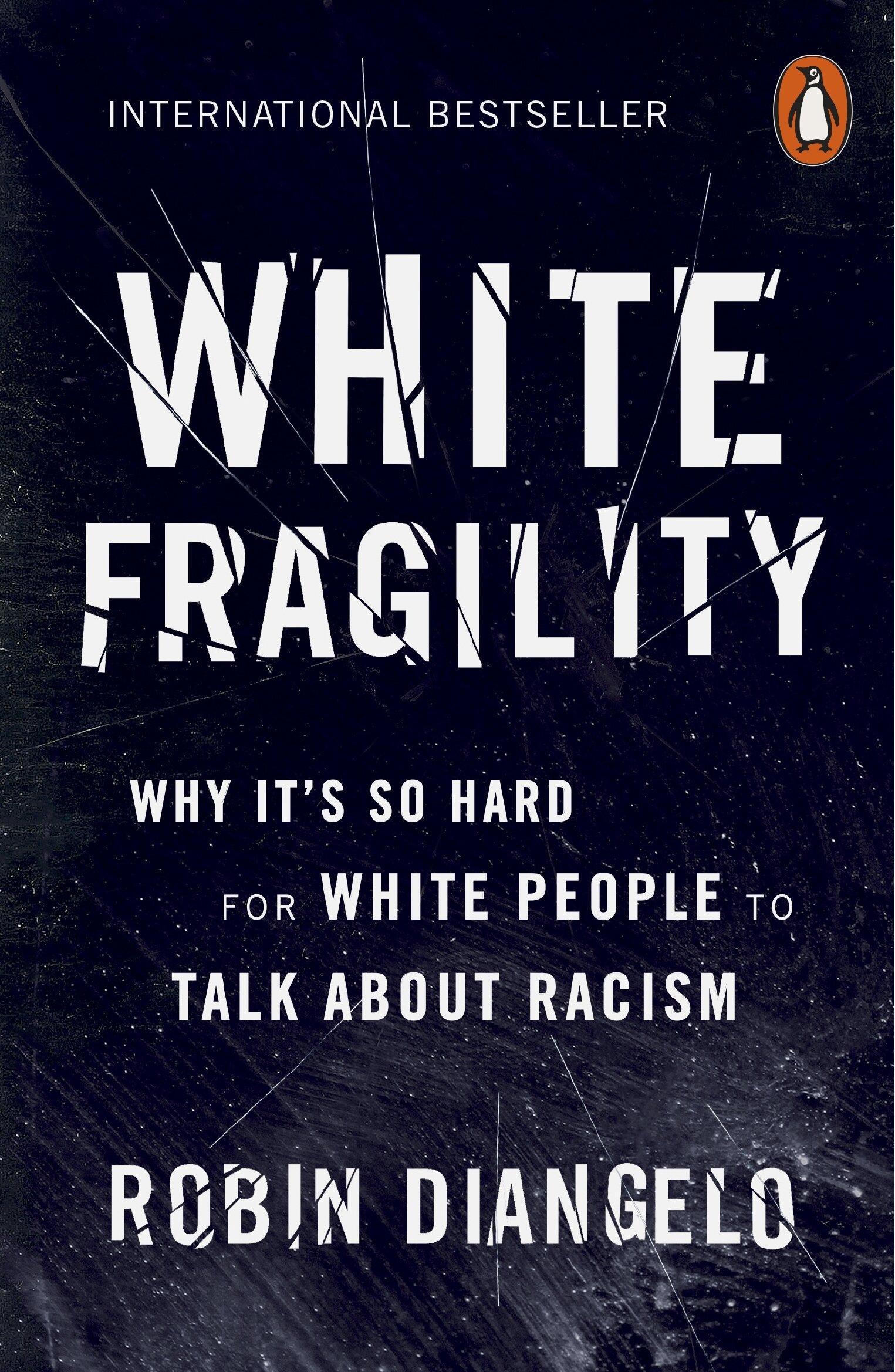
White Fragility By Robin DiAngelo
Antiracist educator Robin DiAngelo deftly illuminates the phenomenon of white fragility and “allows us to understand racism as a practice not restricted to ‘bad people’ (Claudia Rankine). Referring to the defensive moves that white people make when challenged racially, white fragility is characterized by emotions such as anger, fear, and guilt, and by behaviors including argumentation and silence. These behaviors, in turn, function to reinstate white racial equilibrium and prevent any meaningful cross-racial dialogue. In this in-depth exploration, DiAngelo examines how white fragility develops, how it protects racial inequality, and what we can do to engage more constructively.
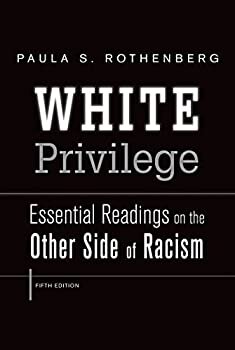
White Privilege By Paula Rothenberg
White Privilege challenges readers to explore ideas for using the power and the concept of white privilege to help combat racism in their own lives, and includes key essays and articles by Peggy McIntosh, Richard Dyer, bell hooks, Robert Jensen, Allan G. Johnson, and others.

Why Are All the Black Kids Sitting Together in the Cafeteria By Beverly Daniel Tatum
Walk into any racially mixed high school and you will see Black, White, and Latino youth clustered in their own groups. Is this self-segregation a problem to address or a coping strategy? Beverly Daniel Tatum, a renowned authority on the psychology of racism, argues that straight talk about our racial identities is essential if we are serious about enabling communication across racial and ethnic divides. These topics have only become more urgent as the national conversation about race is increasingly acrimonious. This fully revised edition is essential reading for anyone seeking to understand the dynamics of race in America.















